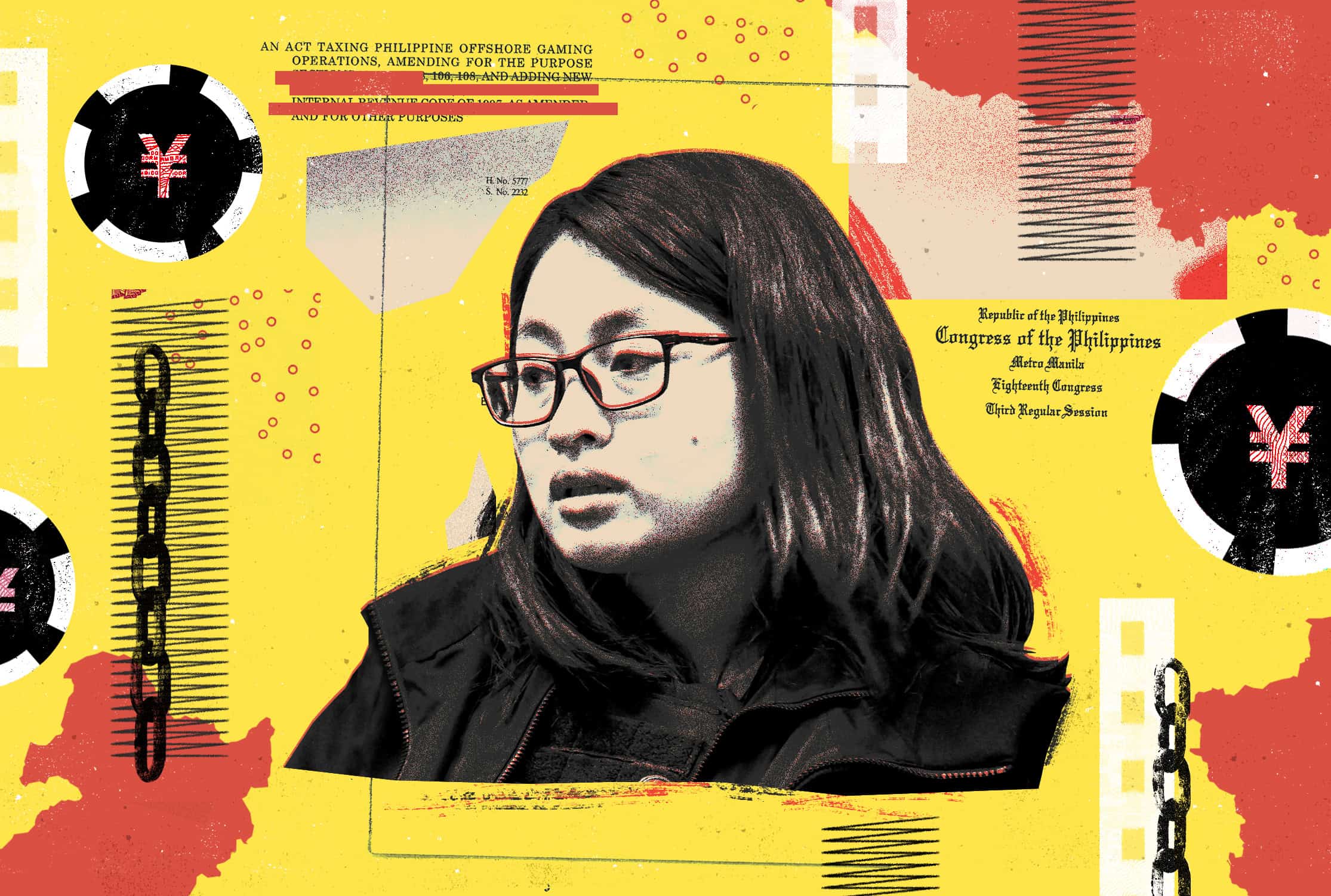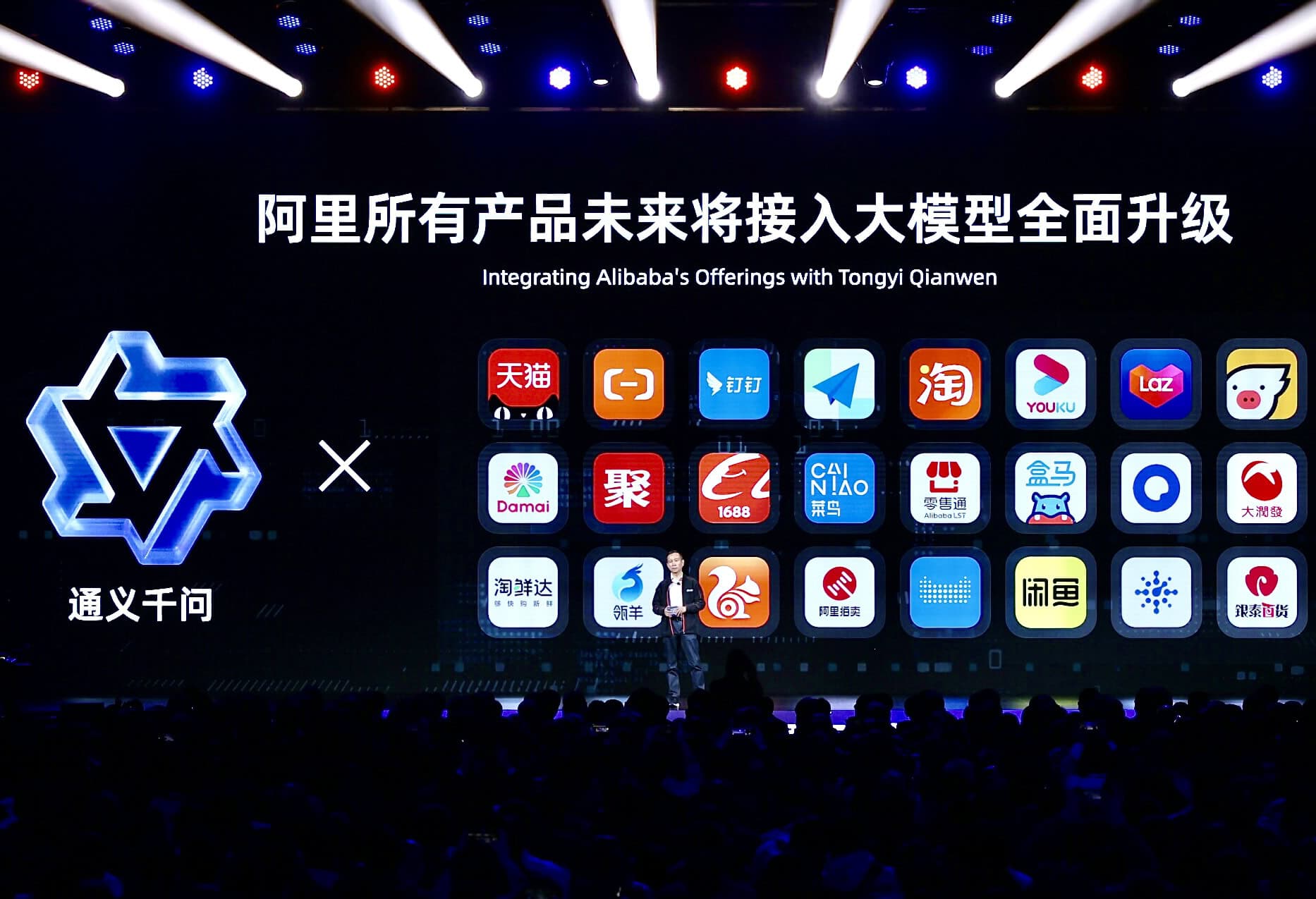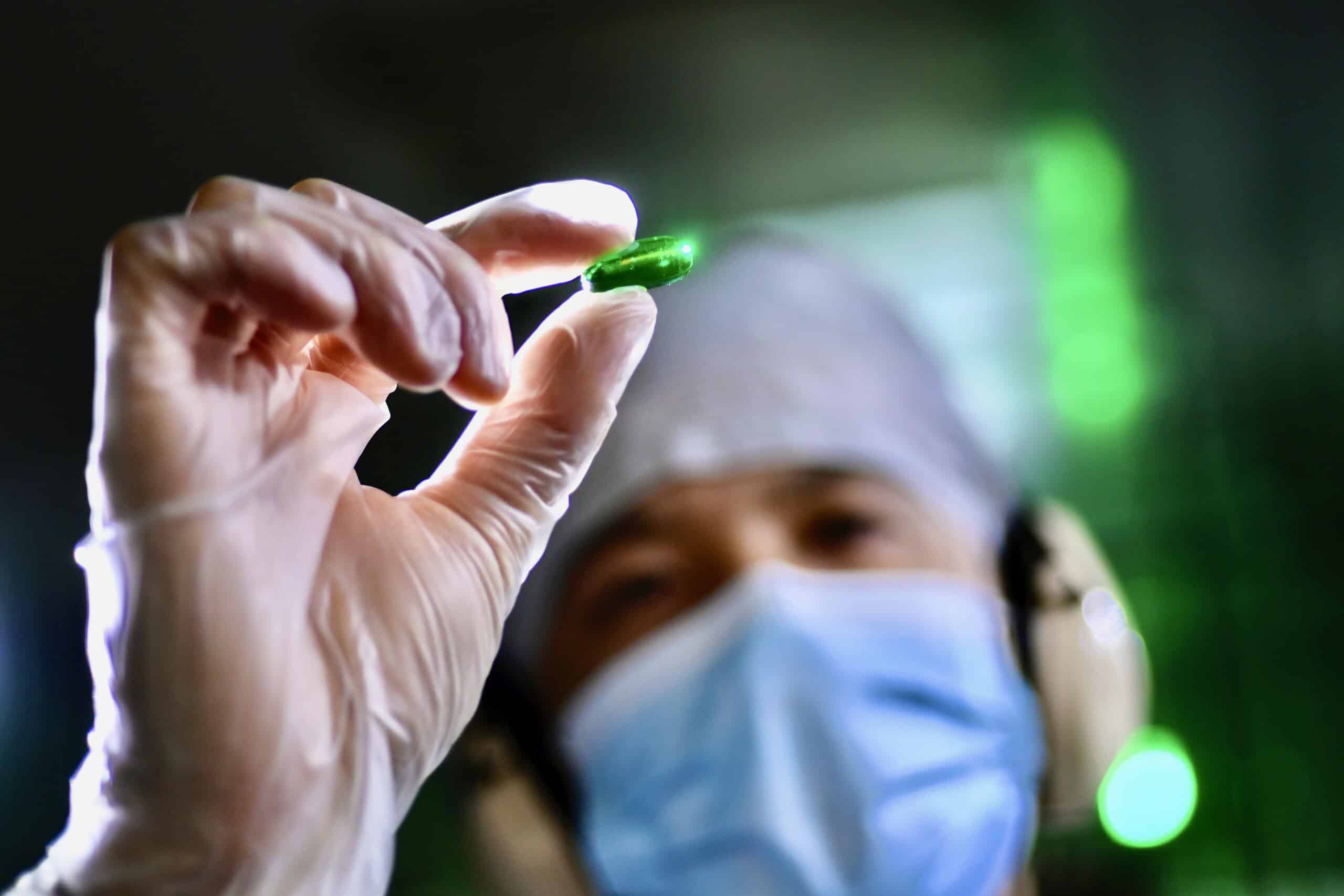
The U.S. government last month ratcheted up its scrutiny of Chinese companies with ties to Xinjiang, with the Department of Homeland Security adding 29 firms to its sanctions list under the Uyghur Forced Labor Prevention Act. Yet three years after the legislation’s passage, several companies with alleged links to human rights abuses are still slipping through its cracks.

Those avoiding sanctions are concentrated in the pharmaceutical industry, according to a recent report by the Washington-based Center for Advanced Defense Studies (C4ADS), a research group.
That’s largely because the interagency panel in charge of the law’s Entity List, which is chaired by DHS, has prioritized sanctioning Xinjiang’s larger industries, argues Mishel Kondi, author of the report. The bulk of the 107 Chinese companies now barred from U.S. markets are associated with cotton, of which Xinjiang produces 20 percent of the global supply.
But the region also hosts dozens of licensed pharmaceutical manufacturers, none of which are on the Entity List, according to the report. Together, they produce more than 600 drugs, including 76 made only in Xinjiang, the report adds.

“These companies are based in the Uyghur region. De facto, they are participating in human rights abuses that are politically incentivized in the region, and therefore, there is reasonable justification for adding them to the list,” Kondi says.
Pharmaceutical products that China produces only in Xinjiang include conjugated estrogen, a menopause treatment, and the painkiller naproxen, as well as ingredients used in various supplements, the report says.
The UFLPA’s “rebuttable presumption” prohibits firms from importing any goods “mined, produced, or manufactured wholly or in part” in the Uyghur Autonomous Region, with the U.S. Customs and Border Protection responsible for examining imports at the border. However, pharmaceutical, health, and chemical products make up just 3 percent of the shipments CBP has inspected to date under the legislation, according to official statistics.
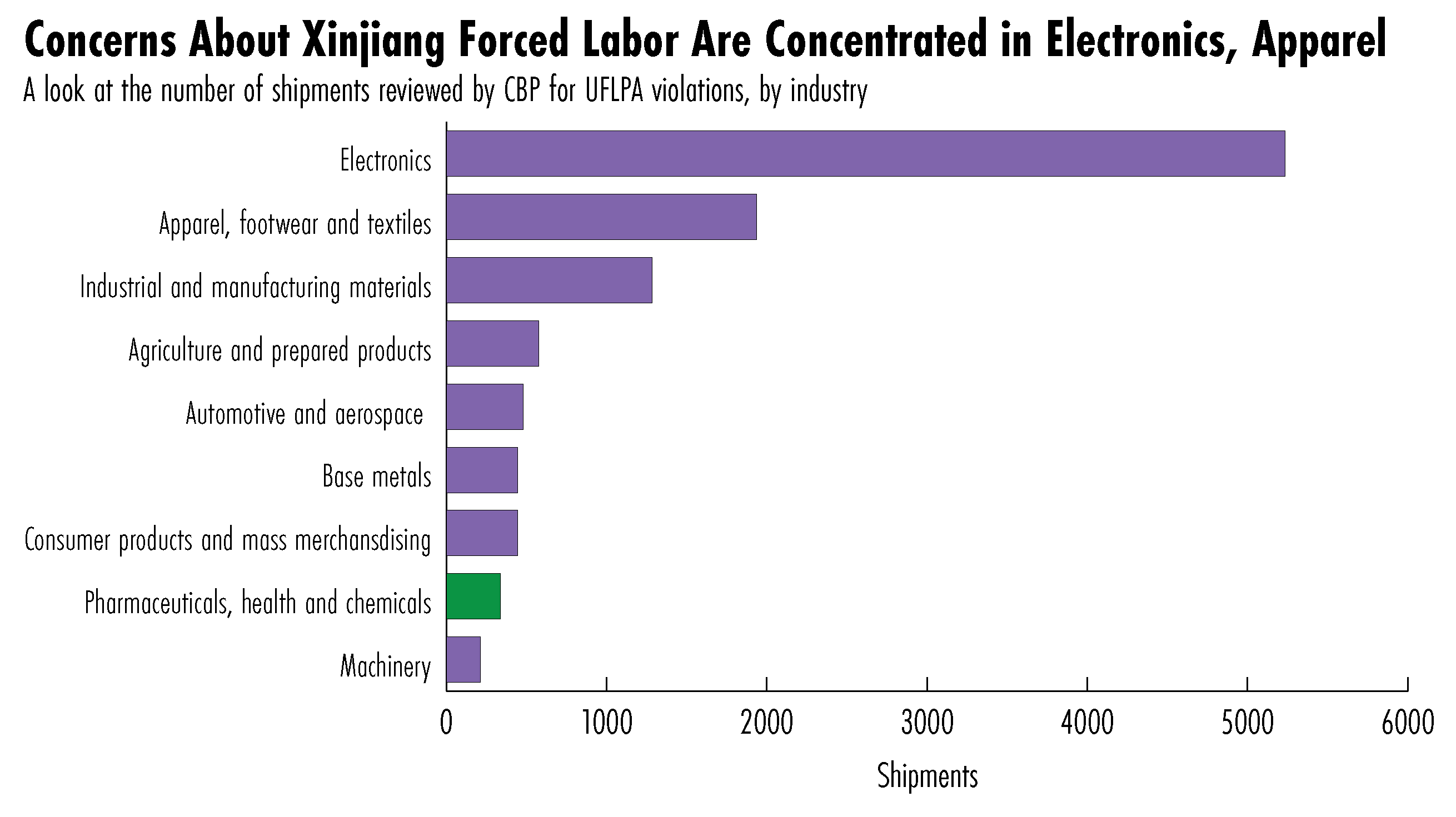
“The Department of Homeland Security has aggressively enforced the UFLPA, preventing goods made through forced labor from entering our country, investigating and exposing more than 100 bad actors, and helping American businesses avoid inadvertently profiting from this modern form of slavery,” DHS Secretary Alejandro Mayorkas said in a statement announcing the newly sanctioned firms.
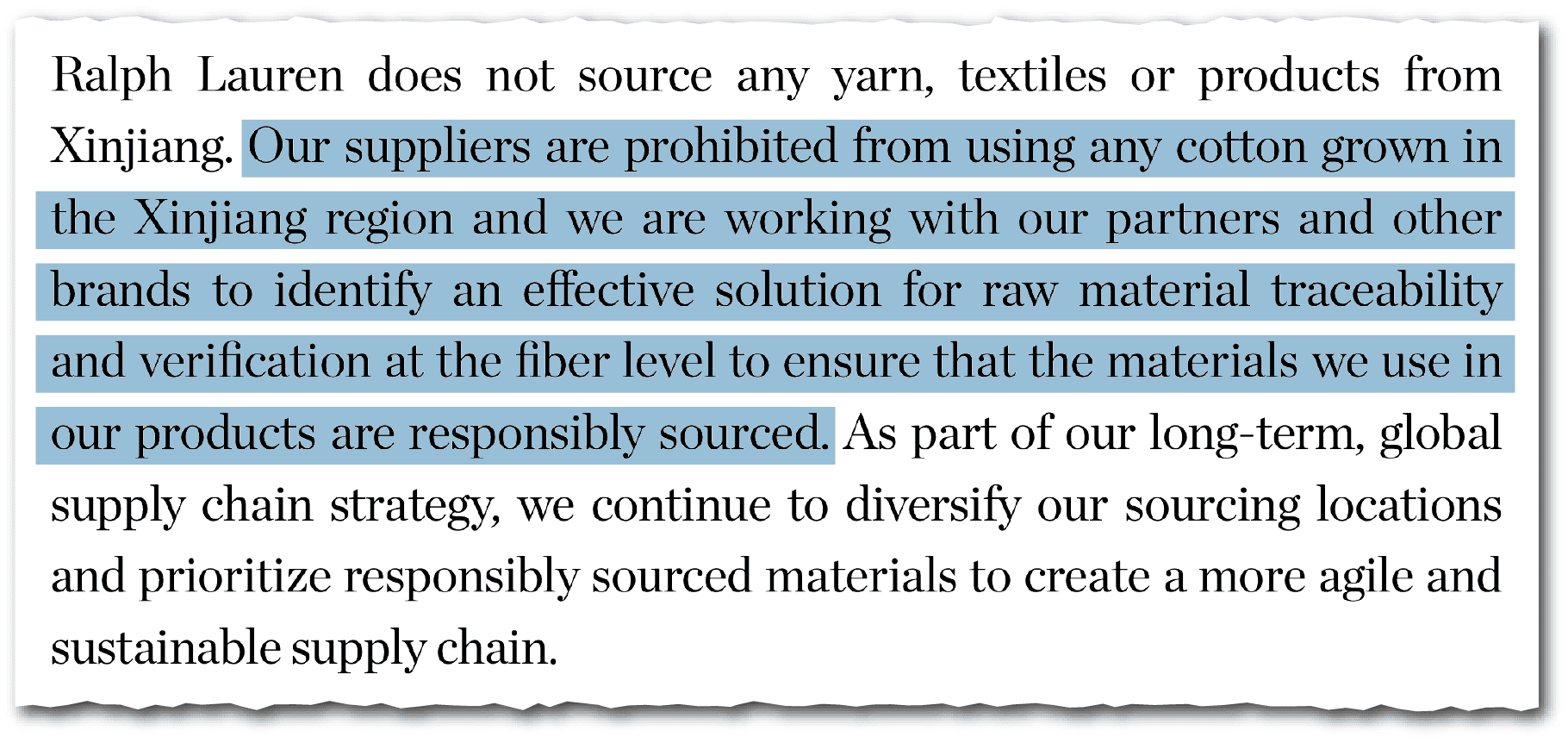
Many American apparel brands, including large manufacturers like Nike and Ralph Lauren, have responded to concerns of forced labor in Xinjiang by reducing their supply-chain exposure to the region, and occasionally addressing alleged ties to Entity List companies. For some, like Calvin Klein-owner PVH Corp, that’s come at the cost of drawing China’s ire.
Major American and European pharmaceutical companies have not publicly commented on Xinjiang to the same degree as multinational clothing firms. That could change if the industry becomes a focus area. The interagency panel in charge of the UFLPA entity list is now working to identify and evaluate additional companies to add to the Entity List, a DHS official said.
Two case studies detailed below demonstrate how companies and investors can be exposed to potential forced labor issues in Xinjiang.
SALT IN THE WOUND
Despite the UFLPA coming into force in June 2022, U.S. companies have continued importing from China thousands of pounds of dipotassium glycyrrhizinate, a licorice root derivative that only one company in China is licensed to produce, according to Kondi’s analysis of licensed pharmaceutical manufacturing data. The company, Xinjiang Tianshan Pharmaceutical Industry Co., has this license until June 2026.
That means dipotassium glycyrrhizinate is one of more than six dozen products that when exported from China, “almost certainly” came from the Uyghur Autonomous Region, the C4ADS report adds. The derivative is a common ingredient in hundreds of skincare products sold in the United States.
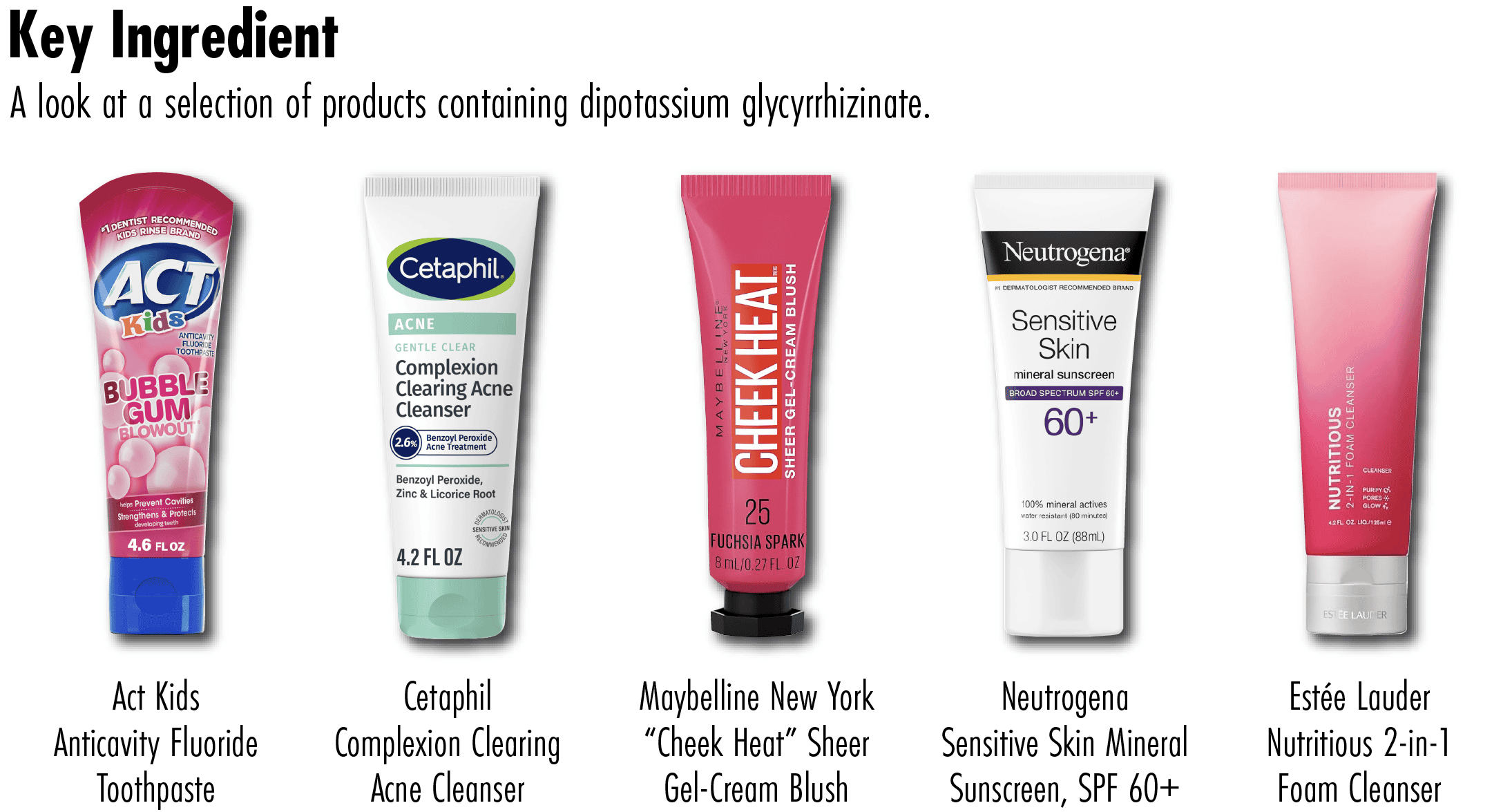
Mafco Worldwide, a 170-year old company based in New Jersey that describes itself as the “global leader in the supply of products made from licorice roots,” is the largest U.S. importer of Chinese dipotassium glycyrrhizinate. The firm imported more than 100,000 pounds of the product from China between July 2022 and November 2024, according to Import Genius, a trade database. Mafco says the ingredient is an “ideal soothing agent for red or irritated skin” and advertises it as part of a formula for products such as “no-redness gel cream” and “radiance booster aqua mist.”
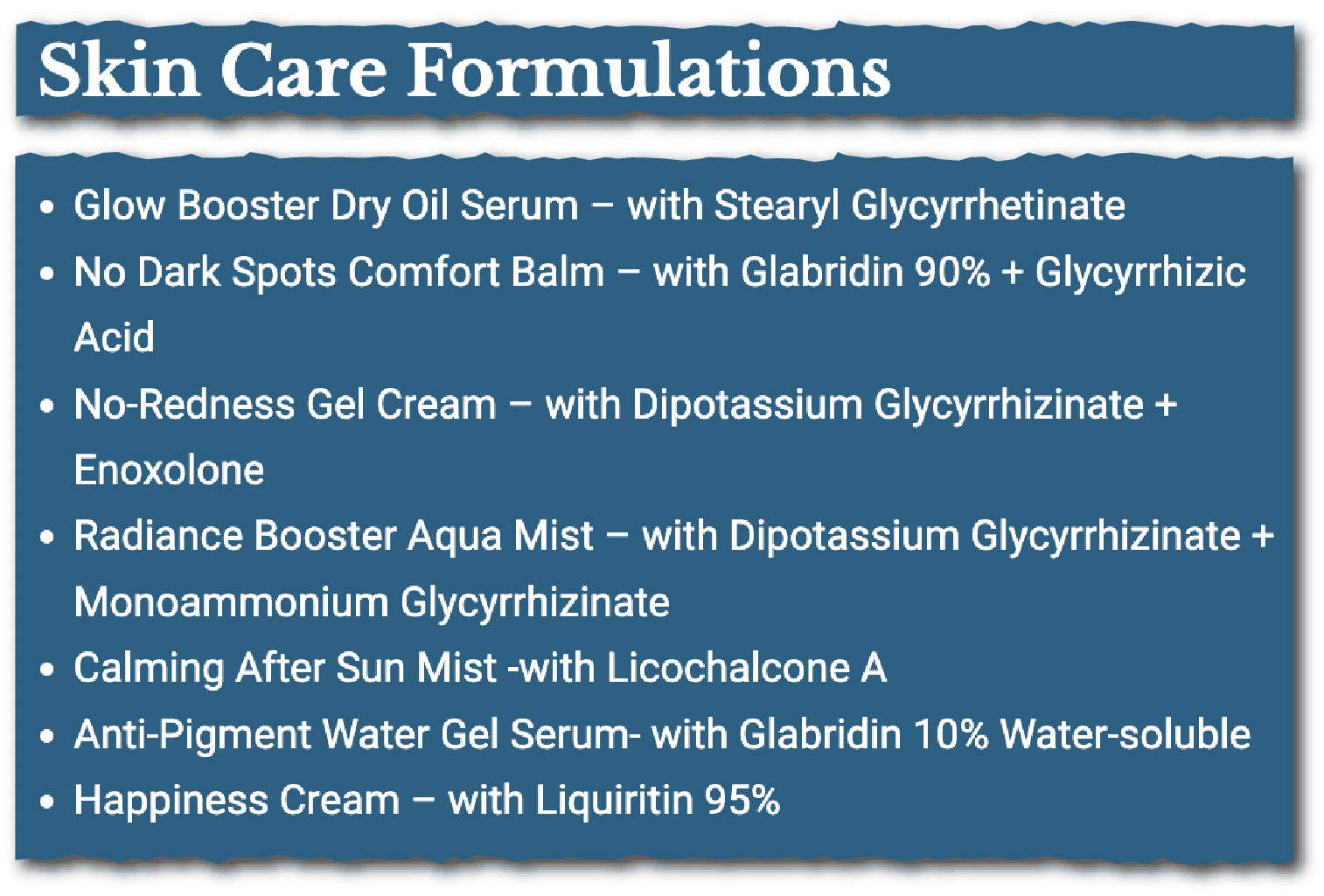
The only companies that have shipped the salt from China to the United States over the past two years are Hong Kong-registered Wei Feng Enterprises and China-registered Zhangjiagang Free Trade Zone Mafco, Import Genius shows. Both are Mafco subsidiaries, according to WireScreen and a review of ownership records filed with the Hong Kong companies registry.
The Wire reached out to several executives at Mafco. None responded to requests for comment.
In 2020, Whole Earth Brands, then a publicly traded firm, acquired Mafco. A consortium of private equity firms took Whole Earth private this summer.
The diagram below shows a possible journey of licorice derivatives from Xinjiang into everyday skincare products bought by U.S. consumers.
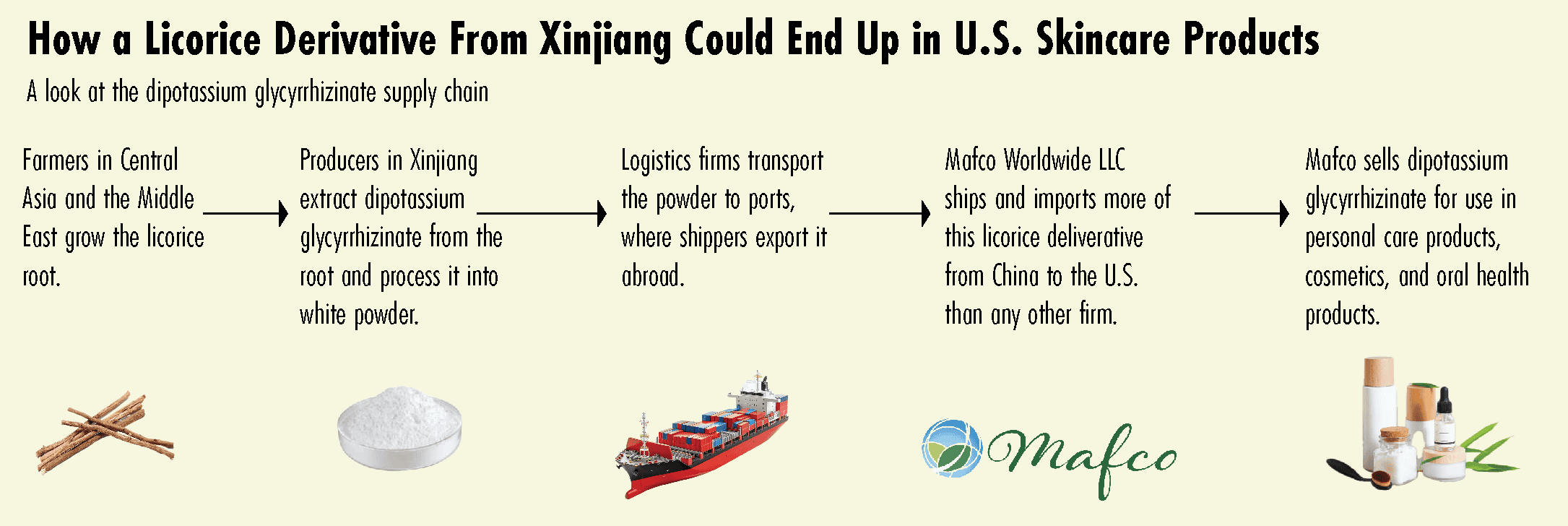
SINOPHARM
Sinopharm, the state-owned pharmaceutical giant that is run by a member of the Chinese Communist Party, is the largest drug company with operations in the Uyghur Autonomous Region, according to C4ADS and WireScreen. The firm, best known internationally for producing China’s first COVID vaccine, makes 265 drugs in Xinjiang, its fourth-largest manufacturing base, including aspirin, antibiotics, and acetaminophen, the C4ADS report says.
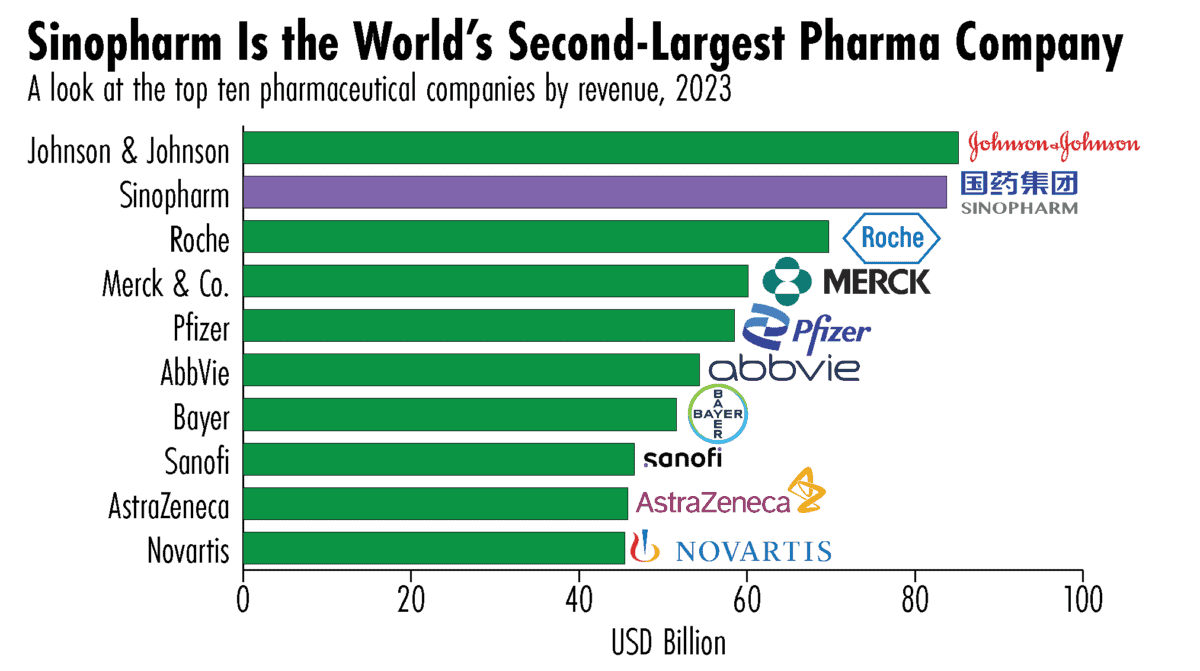
Sinopharm claims to have more than 1,600 subsidiaries, including the China National Scientific Instruments and Materials Company, which the U.S. Department of Commerce sanctioned in 2020 for enabling “wide-scale human rights abuses within China.” Some of these are integral to the company’s business: its eighth-largest “principal subsidiary” is based in Xinjiang, according to its most recent annual report.
These companies are based in the Uyghur region. De facto, they are participating in human rights abuses that are politically incentivized in the region, and therefore, there is reasonable justification for adding them to the list.
Mishel Kondi, author of the Center for Advanced Defense Studies report
Yet Sinopharm’s links to forced labor in Xinjiang have not yet scared away Western investors. The company is included in MSCI’s emerging markets stock indexes, which are tracked by most major global investors. In fact, Sinopharm’s largest shareholders include four American asset managers that together own 13.7 percent of the company, according to WireScreen.
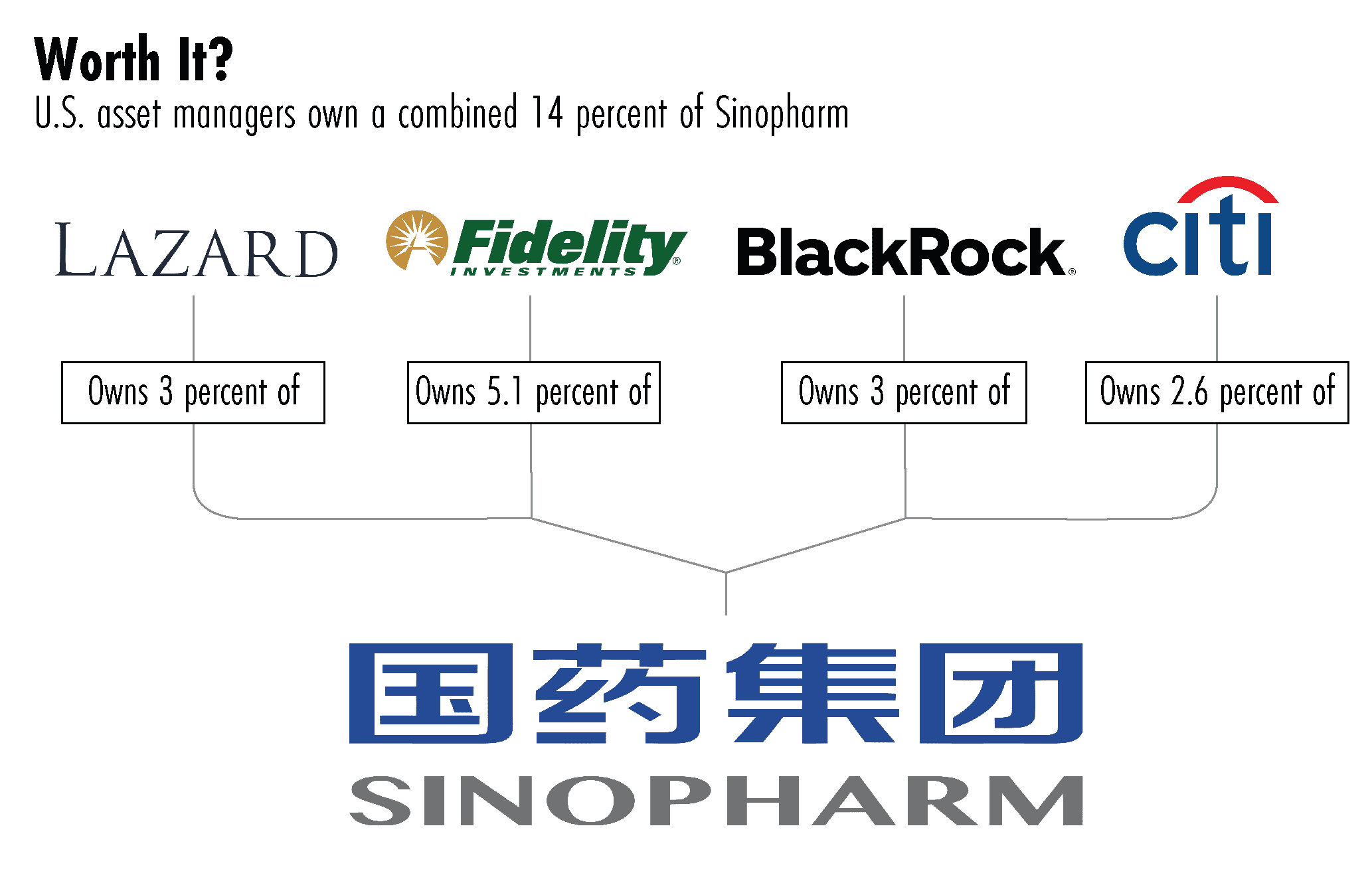
In a statement, a Blackrock spokesperson said the firm does not comment on individual companies. Citi, Fidelity, and Lazard did not respond to requests for comment.
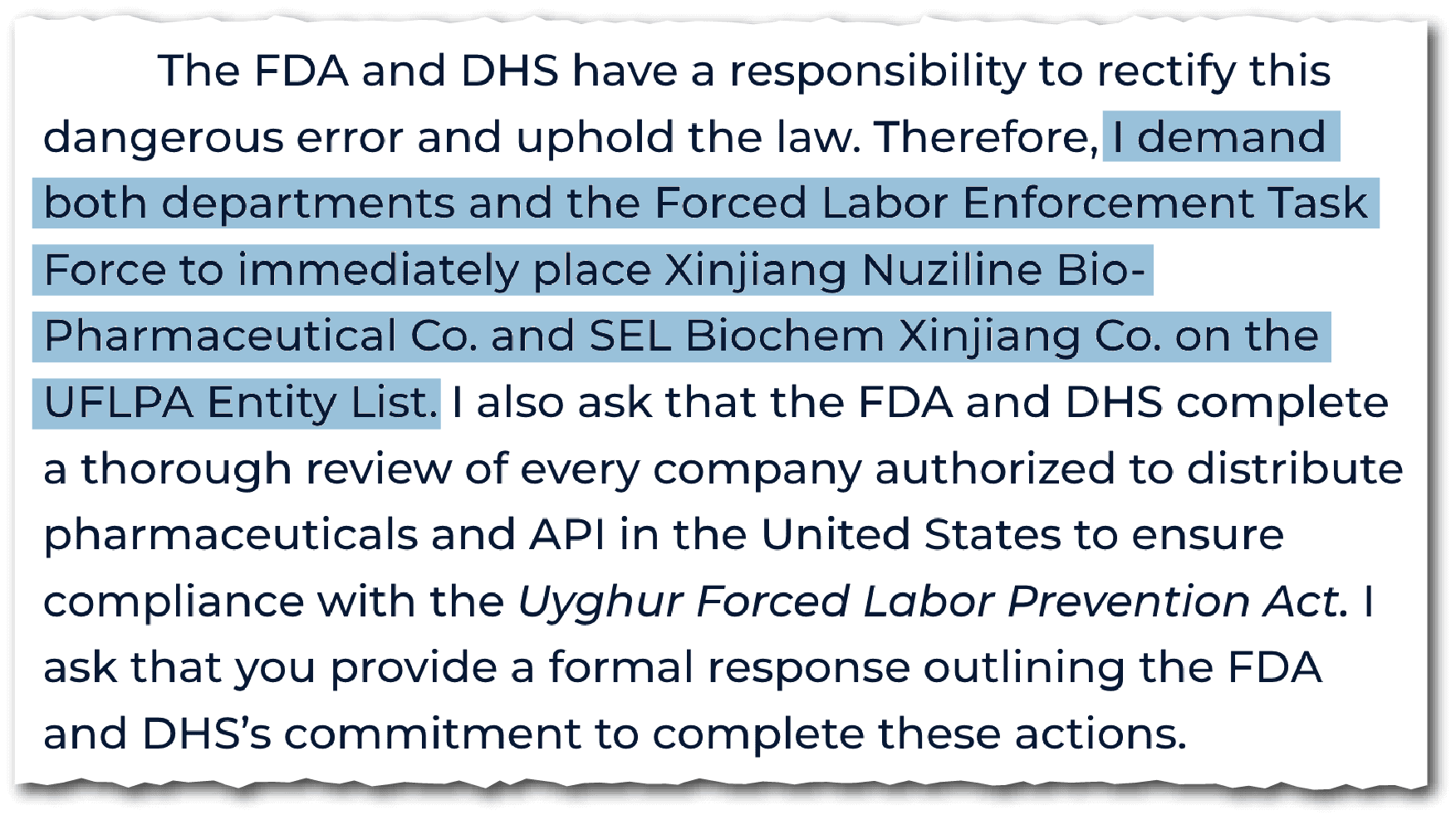
Sinopharm has also not attracted the same attention from legislators as other firms mentioned in the C4ADS report. In a letter to the heads of the Food and Drug Administration and DHS sent shortly after the report was published, Senator Marco Rubio (R-FL), now the nominee for Secretary of State, urged the UFLPA’s interagency task force to add the FDA-registered firms Xinjiang Nuziline and SEL Biochem to the Entity List. He did not mention Sinopharm.
A person familiar with Rubio’s thinking said the letter was considered a first step that aimed to build enforcement momentum by highlighting only “the most glaring bad examples” from the report and suggesting “obvious and easy” additions to the Entity List.
Sinopharm did not respond to a request for comment.

Noah Berman is a staff writer for The Wire based in New York. He previously wrote about economics and technology at the Council on Foreign Relations. His work has appeared in the Boston Globe and PBS News. He graduated from Georgetown University.


